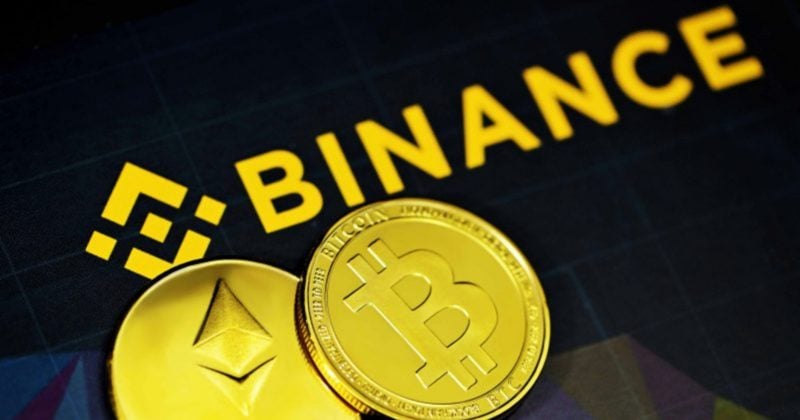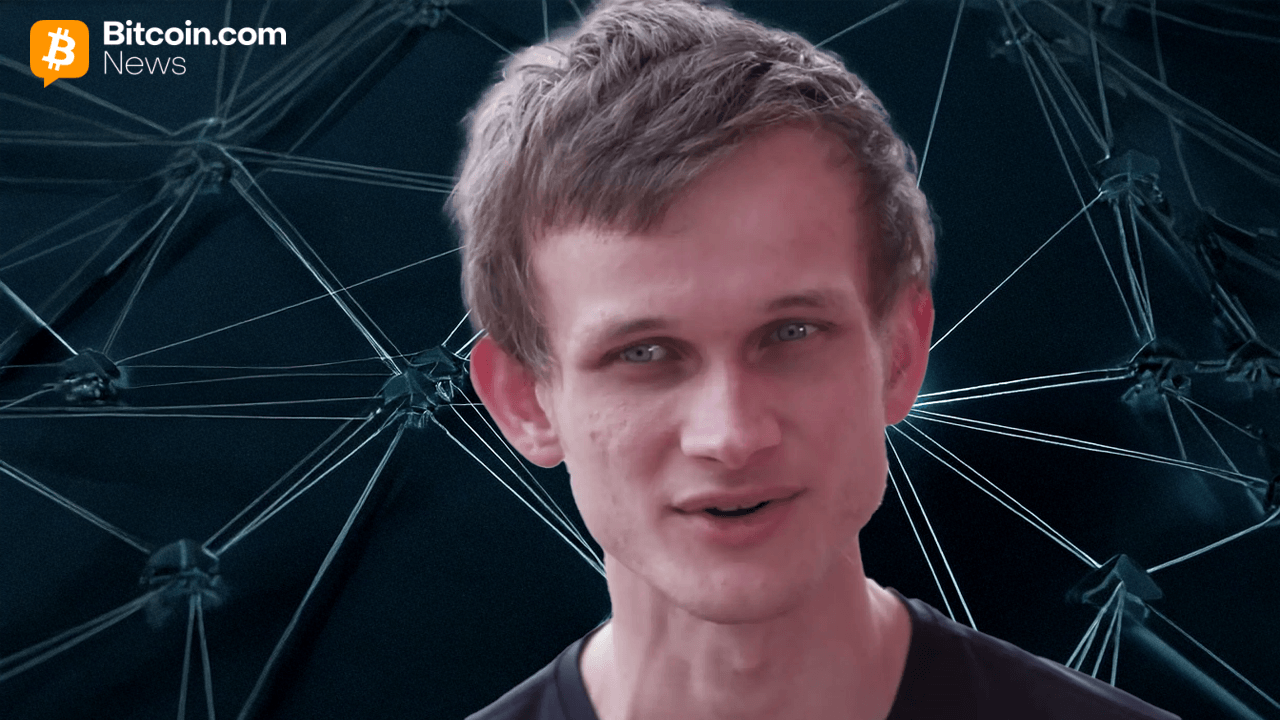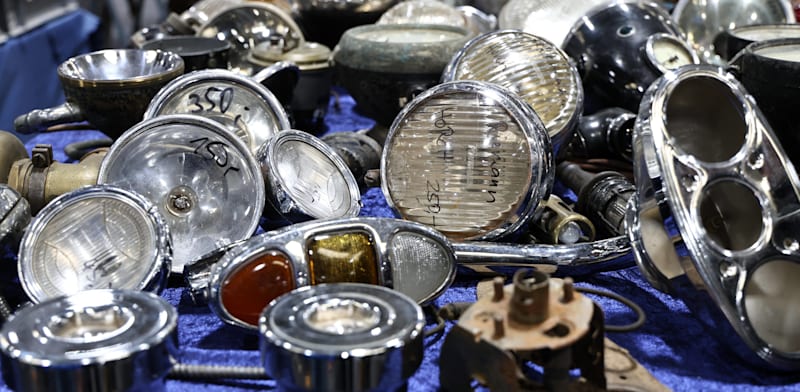Conor here: The following delves into problems and potential solutions to the food production-climate crisis, but omits one key issue, as summed up in a recent piece from The Wire to mark World Food Day:
The problem is not the absence of food but its unequal distribution. Structural inequities, fractured supply chains, broken public distribution systems, speculative markets and profit-driven trade often stand between abundance and access, turning plenty itself into a cruel irony…What stands in the way is power—who controls food, how it moves, and who gets to eat. These contradictions are sharpened by climate change, conflict, and trade systems that reward speculation and corporate consolidation over local resilience. Small farmers who produce much of the world’s food face displacement, debt, and marginalization.
Beneath every famine or food crisis lies a struggle over sovereignty: the ability of people and communities to grow, harvest, and share food on their own terms. When farmers are forced off their land, when fishing grounds are militarised, or when seeds and water are controlled by distant powers, people lose more than food – they lose autonomy. Hunger, then, is not just about empty plates; it is about who decides how those plates are filled.
By Michael Svoboda, the Yale Climate Connections books editor. He is a professor in the University Writing Program at The George Washington University in Washington, D.C. Originally published at Yale Climate Connections.
Three new and recent books grapple with an inconvenient and uncomfortable truth: Agriculture is responsible for one-third of our global climate problem.
It’s a finding that propelled Michael Grunwald, formerly a reporter for The Washington Post and now an independent journalist and author, to research and write “We Are Eating the Earth.”
Grunwald learned the stat from Tim Searchinger, an environmental lawyer with an intuitive sense for when things don’t add up and a zeal for confirming his suspicions. Searchinger became a source, a friend, and an adviser. Their investigations of agriculture and climate change eventually led to Grunwald’s new book.
We’ll publish interviews with authors Kesley Timmerman, author of “Regenerating Earth,” and Mark Easter, author of “The Blue Plate: A Food Lover’s Guide to Climate Chaos,” later this month.
This interview has been edited and condensed.
Yale Climate Connections: Thanks for taking the time to speak with us today, Mike. Why do we need to be worried about agriculture if we’re worried about climate change?
Michael Grunwald: The short answer is that it’s eating the Earth. Food is responsible for a third of the climate problem. Agriculture also uses 70% of our fresh water. It’s the leading driver of deforestation, biodiversity loss, and water pollution. If you care about the environment, you really should care about food and agriculture.
Six or seven years ago, I had one of my conversations with Tim. I asked him if meat is really as bad for the climate as everyone says. And he said, yes. And then he said, duh.
That was when it really hit me: Gosh, if I’m this ignorant about this stuff, then other people probably are too.
YCC: As you explain in your book, land use is the crux of the problem. But before we get into that, we should probably say more about Tim Searchinger. Who is he? And what does he discover about land use?
Grunwald: Tim was a wetlands lawyer when I met him. He was fighting to save the wetlands from agriculture in the Mississippi Valley. And he got interested in corn ethanol. Not because he cared about the climate, but because he cared about what the Bush administration was saying about a new ethanol mandate. That’s going to mean more corn, he realized, and that means more wetlands will be drained in Iowa, and more fertilizer will get into the Mississippi River, which will increase the dead zone in the Gulf of Mexico that’s already the size of Connecticut.
Then he heard that there was a climate study about ethanol. The long story short of the study was that it found that ethanol was extraordinarily inefficient to produce. It required almost as much fossil fuel to grow as it replaced. But this study said corn ethanol was 20% better than gasoline because when you burn ethanol, yes, that creates carbon emissions, but when you grow the next crop of corn, the carbon emitted into the atmosphere is reabsorbed. So the idea was that ethanol, although very inefficient, is still a little better than gasoline.
But Tim realized if you’re going to grow fuel instead of food, then someone somewhere else is going to have to grow more food. That’s probably not going to be on a parking lot. It’s going to be on land taken from a forest or a wetland that was storing a lot of carbon.
His basic insight was that land matters; land is not free. But these studies weretreating land as if it were free and freely available. Instead, when he accounted for the emissions from changes in land-use, like deforestation, Tim found that corn ethanol is twice as bad for the climate as gasoline.
YCC: Let’s pause a moment to stress some key points. The first is that climate scientists had recognized the problem of land use changes. Cutting down forests to grow crops, a change in land use, increases emissions.
But Searchinger, who was not a practicing scientist …
Grunwald: That’s right. At the time, he’s just a smart guy who can read.
YCC: … Searchinger realizes that there are indirect consequences. If you’re going to use agricultural land for something other than growing food that people eat, then land must be taken from somewhere else to grow that food. And that could be more damaging than the problem you think you’re solving by growing biofuels. Was Searching startled when he discovered this blind spot?
Grunwald: Yes and no. That’s one of the meta-narratives of this book: the extraordinary amount of groupthink, of conventional wisdom, of wish-casting that’s not only in the political world, but in the scientific world, too.
I do profile one scientist, one environmentalist, and one public official who had had the conventional ideas about why bioenergy was great for the climate. And then when Tim showed why that was silly, they admitted they were wrong, and they switched sides. But it turns out that is not so common, that human beings are not so great at admitting they are wrong.
YCC: But sadly, the biofuel mandate is enshrined in American law as a result of these early misses by the scientists and then the enthusiastic embrace of that option by senators from ag states … and by any senator dreaming of running for president in the Iowa primary.
But the land problems don’t end with biofuels, or with biomass, another wrong turn you address in your book. Searchinger next realizes that even the most appropriate use of agricultural land, for growing food, has enormous climate consequences, especially meat production. What is the main problem with meat production?
Grunwald: Yes. Right now, we use the equivalent of all of Asia and all of Europe to grow food. But three-quarters of that land is used to grow food, either pastures or crops, that are fed to livestock. The transformation of natural land, especially rain forest, into agricultural land is the biggest source of agricultural emissions. And that is mostly a meat story.
Eating plants is way more efficient than feeding the plants to animals and then eating the animals. Cattle and other ruminants are spectacularly inefficient converters of their feed into our food. In the United States, we use about half of our agricultural land to produce beef, from which we get just 3% of our calories. All of agriculture eats the Earth, but meat eats the most.
YCC: Right. You note that just shifting away from beef is possibly the most consequential decision you could make as an individual in terms of diet. It gets you a good percentage of the way toward being vegetarian.
Grunwald: Absolutely. The best thing you can do for your diet, if you care about the planet, is to go vegan. But most of us don’t want to go vegan. In most cases, however, cutting beef and lamb is about as good as going vegetarian because cows use about 10 times as much land and generate about 10 times as many emissions as chicken or pigs. So the first best thing you can do for the planet with your diet is eat less beef.
The second is waste less food. We waste about a quarter of our food. And when we waste food, we waste the farmland and the fertilizer and the water that’s used to grow that food. Effectively, right now, we’re using a landmass the size of China to grow garbage.
YCC: Having made this point vividly in your book, you explore some alternatives. One way to reduce the downsides of eating meat, beef in particular, is to create meat in different ways.
Grunwald: Right. The first half of the book is about the eating the Earth problem. The second half is about potential solutions. And because meat is such an outsized part of the problem, I explore those potential solutions first. With plant-based meat or cultivated meat made from cells, you’re talking about 90% less land use, 90% fewer emissions. So these could be a huge solutions.
I actually started my reporting for this book in 2019 at the Good Food Institute Conference. It was a crazy time because Beyond Meat had just gone public with the biggest initial public offering of the 21st century. You had these new biotech burgers from Beyond Meat and Impossible Foods that were way better than the old kind of hockey puck veggie burgers. But they were still more expensive and not as delicious as meat, so people didn’t have a reason to keep buying them.
When I went back to GFI in 2023, it was all doom and gloom. However, this response is overblown, too. The cow is a pretty mature technology; meat substitutes are not. But they’re going to keep getting better and cheaper and maybe even healthier.
YCC: After exploring meal alternatives, you turn to regenerative agriculture. What in Searchinger’s view does regenerative agriculture get wrong and what does it get right?
Grunwald: Let me say a couple of things about it.
There’s this very popular notion – in movies, at the U.N., among environmental groups, major philanthropies, even big ag and big food – of carbon farming, the idea that by treating our soil better, all that bad carbon that we pumped up into the sky is going to magically reappear as good carbon in our soil. That I really do have to say is mostly bullshit.
Tim has been at the forefront of exposing this. Most of the discussion has been about how difficult it is to measure soil carbon and how difficult it is to make sure that once you have carbon in the soil that it stays in the soil. But also, there’s a lot of science that shows that you can’t add a lot more carbon to your soil without adding a lot more nitrogen. And there are all kinds of problems with adding more nitrogen, either through manure or synthetic fertilizer with nitrous oxide, with pollution.
So the idea of carbon markets paying a lot of money to people who claim to be able to store carbon, this is dangerous nonsense.
YCC: But Searchinger does seem to acknowledge that there can be benefits if you adopt a more diverse approach to farming, or even expand your notion of farming to include agroforestry.
Grunwald: I’m not an agronomist or a scientist, but I can do the math. By 2050, we are going to need a lot more food, and we’re going to have to grow it with less land and much fewer emissions. That’s my starting point for this eating the Earth problem.
Food authors like Michael Pollan write beautifully about organic farms, with their red barns and where the animals have names instead of numbers. But if they are making less food per acre, they need more acres to make food, and so they are eating more of the Earth.
That’s where I start from on these questions, and I know that upsets people, because it acknowledges that these factory farms, which treat people badly, treat animals badly, and use too many antibiotics, are really good at manufacturing a lot of food at affordable prices.
YCC: Right, that’s the essential message of your book: We have to grow more food on less land with less pollution.
Grunwald: Yes, exactly. We need to make even more food with less mess.
YCC: So what are some of the innovations that might help us achieve that goal?
Grunwald: On the demand side, alternative proteins are really exciting. And there are lots of new technologies to help reduce food waste. There’s biotech that can slow the spoiling of fruits and vegetables. And there are apps that can reduce the price on foods approaching their expiration date and then notify shoppers.
On the supply side, you see all kinds of exciting new technologies. I wrote about how scientists are gene-editing microbes to snatch fertilizer out of the air and feed it to crops, and how they’re using the mRNA technology behind the COVID vaccines to create alternative pesticides, like one that constipates potato beetles to death. You’ve also got stuff like biological nitrification, inhibition, and better manure management.
GMOs offer the possibility of drought-tolerant, flood-tolerant, heat-tolerant crops that, in a warming world, can produce higher yields and thus more money for farmers and more food for people. And there’s really no evidence of health or environmental harms from them.
For all of this stuff, though, we need more money for research and more money for deployment, because we need to figure out what actually works.
YCC: Don’t we also need to change the way we govern farming?
Grunwald: This is an interesting question. The political economy of this stuff is tricky, right? All over the world, the agricultural lobby is very powerful. That’s why the world spends $600 billion a year subsidizing agriculture, and $300 billion of that is just direct handouts to farmers. All forms of farming fall short of what we need: more food from less land with less mess. But you have to do the accounting.
In the big, beautiful bill that the Republicans just passed in Congress, when it comes to biofuels, they tell the government to put their pencils down. You can no longer look at land use change when you’re analyzing biofuels to find out whether sustainable aviation fuels are truly sustainable, basically because that would be bad for corn and soy farmers.
I wrote an op-ed in The New York Times about how ludicrous it was for Democrats to support the farm provisions in the big, beautiful bill. It makes sense for Republicans; they’re winning 90% of the vote in farm country in some areas. For Democrats, the argument used to be, “We’ll give them their farm subsidies, but we’ll get food stamps.” But now Republicans are slashing food stamps while jacking up farm subsidies.
YCC: So I’m hearing grim vigilance is the attitude one must adopt.
Grunwald: Yes. Like Searchinger – who has now published 10 articles in Science and Nature, even though he never did get a scientific degree – you need to know who does their homework and who are the cranks.






















